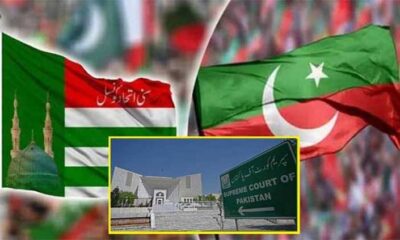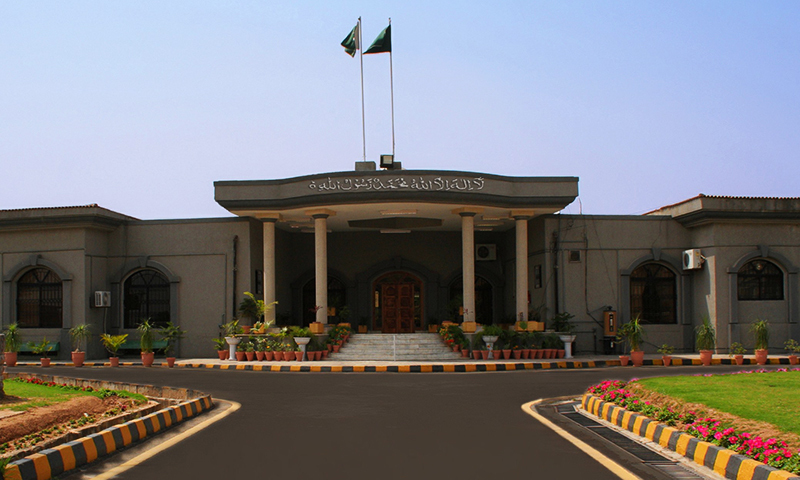In Pakistan, petroleum prices were raised yet again to Rs248.74 per litre for petrol and Rs 276.54 for diesel. This is the fourth time petroleum prices have been raised in a period of 1-1.5 months under IMF guidelines or pressure.
Subsidies have been eliminated almost altogether, although there may be some residual subsidies that are to be adjusted. The agreement with the IMF requires full price recovery plus PLD taxation of Rs30-50 per litre and GST of 17%. This means more has yet to come.
While the elimination of subsidies may be a rational and reasonable IMF requirement, demanding PLD and GST in such an abrupt manner when international oil prices are extremely high, is rather ruthless and shows a high degree of insensitivity to the poor of this country.
While in USD terms, Pakistan prices may not be so high, in local rupee terms, the current prices are more than 100% of the usual prices and have increased rather abruptly. The wages of the poor, however, have not increased at all and cannot increase in tight economic circumstances.
The IMF can very well argue that it is Pakistan which has brought its economy to a level that it had to approach the Fund. And it is not the first time that Pakistan has gone to the IMF. This is the 16th or 17th time an IMF loan is being sought over the last 30 years or so. Successive governments in Pakistan have been pursuing an elite agenda, not collecting taxes and extending subsidies that benefit the rich and powerful.
The question the IMF must consider: how is any of this the fault of the poor? The poor in Pakistan should have resisted and revolted.
The fact is that Pakistan has no choice. It has to accept the IMF conditions or be ready to face default. The default may not be a good idea, although some nihilist but respectable economists have argued in favour of default rather than meeting the IMF conditions.
Let us come back to the petroleum pricing issue. One way of answering the price growth issue is to look at the prices in comparable countries or in the region. In India, the current average/typical gasoline prices are at Pak Rs277 per litre. Indian prices have always been higher than Pakistan, for which there is no apparent reason except for higher taxation in India.
Otherwise, the Indian petroleum industry is much larger and more efficient than Pakistan’s. India exports petroleum and is highly competitive, although not much is known here about India; financing military expenditure and cross-subsidizing exports could be some of the possible reasons. It should be noted that India is getting 30% cheaper crude oil from Russia. However, it may not be more than 10% of their current requirement. It is on the rise though by the day.
The lowest petroleum prices in the region are in Bangladesh. The Bangladesh government has started indicating that subsidies are becoming unsustainable. An oil price rise is expected there. In most countries, diesel prices have been kept lower than that of gasoline on the simple premise of public use of diesel in passenger transport and goods traffic.
In Pakistan, for one reason or the other, this logic has not been accepted. However, the current high diesel prices in Pakistan are due to high diesel prices. We have to put off this discussion for a later date when prices stabilize. It may be noted that in Sri Lanka, despite the widely known economic conditions and default, diesel prices are still lower than in Pakistan and elsewhere except in Bangladesh. Both Bangladesh and Srilanka have maintained quite low diesel prices. Export competitiveness appears to be the major driver in their energy pricing policies.
In the US, petroleum prices have been lower than elsewhere in the advanced countries due to the highly competitive oil industry and local abundance of oil production. American benchmark crude oil prices have always been lower than elsewhere. The US retail prices of petroleum products have always been considered benchmark prices.
This time, diesel prices are 10 per cent higher than gasoline in the US. This is due to higher market prices of diesel which are a result of demand, supply and other issues. Usually, diesel and gasoline prices are almost the same in the US as opposed to Europe and other advanced countries.
In such a bleak scenario, there are very few options and prospects for good. However, there is a possibility that the oil price may go down. It may take a year or so to stabilize around $90-95 as indicated by future contracts.
The rupee may get strengthened as has happened recently among the good news of the IMF’s agreement finalization process. The rupee may improve if all other financial sources follow IMF funding. The government may be able to pass on the savings to the consumers or use it to meet other deficits and subsidies.
There are some cost reduction opportunities as well, however small these may be: efficient buying, reduction of demurrage and other losses, and negotiating fair margins by the oil refineries and E&P companies.
An unfortunate aspect of Pakistan’s local crude oil pricing formula is that the wellhead prices are paid at international prices. There is no price advantage. As foreign oil producers are squeezing us, local ones are doing the same, even when it is public-sector companies. Similarly, oil refineries are making hay while the sun shines.
There is an S-curve ceiling and flour pricing formula in the case of local gas. Why is this not so for oil? It would protect both the producer and the consumer. Reportedly, there is a windfall profit formula which apparently has not been activated. Every penny is important in the energy business, as it is consumed in millions and billions of units; be it barrels, cubic feet, kWh or MMBtu.
Finally, how to protect the poor from such excruciating prices? We have been proposing for quite a while a low-price gasoline brand for motorcycles and smaller and older vehicles. This is a low–RON gasoline. Apart from being cheaper, it provides direct and targeted subsidies for the needy.
IMF supports targeted subsidies but opposes unintended benefits for high-income groups. The government of Pakistan has not yet been able to make a decision about this. Instead, it has announced a stipend of Rs2000. This has not yet been implemented or is not visible.
This was announced simultaneously with the increase of the first Rs30 increase. There is a need to suitably enhance this amount.
Energy conservation measures have been announced which may reduce consumption, although that does not directly affect prices. However, a reduction in consumption would reduce imports, reduce the current account deficit and affect the exchange rate in a positive manner. Reduced exchange rates would also reduce retail oil prices. The price raise itself may reduce demand. On the lighter side, all poisons have antidotes.
The writer is a former member of the Energy Planning Commission. Email: akhtarali1949@gmail.com.
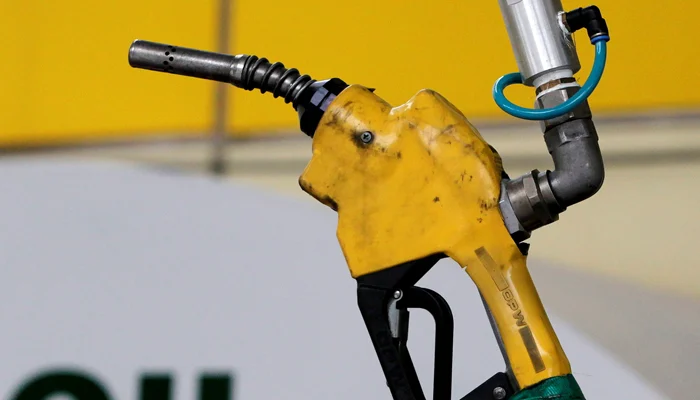

 Business3 days ago
Business3 days ago
 Business3 days ago
Business3 days ago
 Latest News3 days ago
Latest News3 days ago
 Business3 days ago
Business3 days ago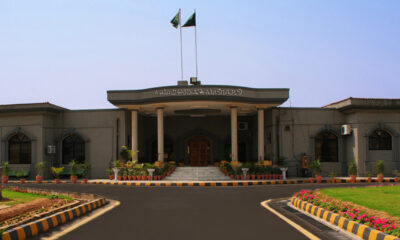
 Latest News2 hours ago
Latest News2 hours ago
 Business1 hour ago
Business1 hour ago
 Latest News3 hours ago
Latest News3 hours ago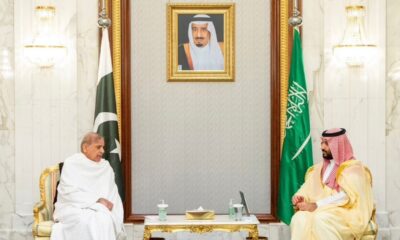
 Latest News3 hours ago
Latest News3 hours ago




